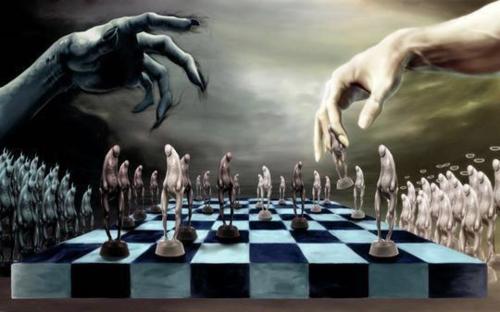
(Agent Cooper with the dwarf-spirit or ‘Man from Another Place’ in the Black Lodge, in Twin Peaks)
The twenty-five-year-in-the-making third season of cult series Twin Peaks has just piloted and sue me, but I have not yet watched all of the first two seasons of the show – my Dad who, aside from having worms was also into gimmick tees before they were like, even a thing, was a major fan of the series though, and he used to wear a shirt that said ‘I killed Laura Palmer’ when the show was running, so I recognize that I have very little excuse here.

(I guess my Dad’s t-shirt was cool, but clearly not as cool as this bro’s ‘I Killed Laura Palmer’ HOODIE. If you’re going to publicly confess to murder, I guess it makes sense to wear a hoodie?)
Still, even though I have not seen all of the show I AM well aware that the plot of Season 2 in particular is chock-full of references to Tibetan Buddhism and Native American religion as filtered through the muddy glass of Madame Blavatsky’s Theosophical imagination. It is well known that Twin Peaks’ writer Mark Frost is fascinated by Theosophy and the clips below from Season 2 offers a prime example of his Blavatsky fanboying. Appearing in a recording, Windom Earle, Agent Cooper’s former mentor, rants about the ‘evil sorcerers called Dukpas’ who tap into the sinister power of the ‘Black Lodge’ – the dark dimension out of time and almost out of space that is a key plot device in Twin Peaks – for their twisted enrichment. (As I will discuss at length below, the word ‘Dukpa’ ultimately derives from འབྲུག་པ or ‘brug pa which, meaning ‘Dragon’ in Tibetan, refers to both a particular sub-lineage of the Kagyu school of Tibetan Buddhism and the country of Bhutan).






